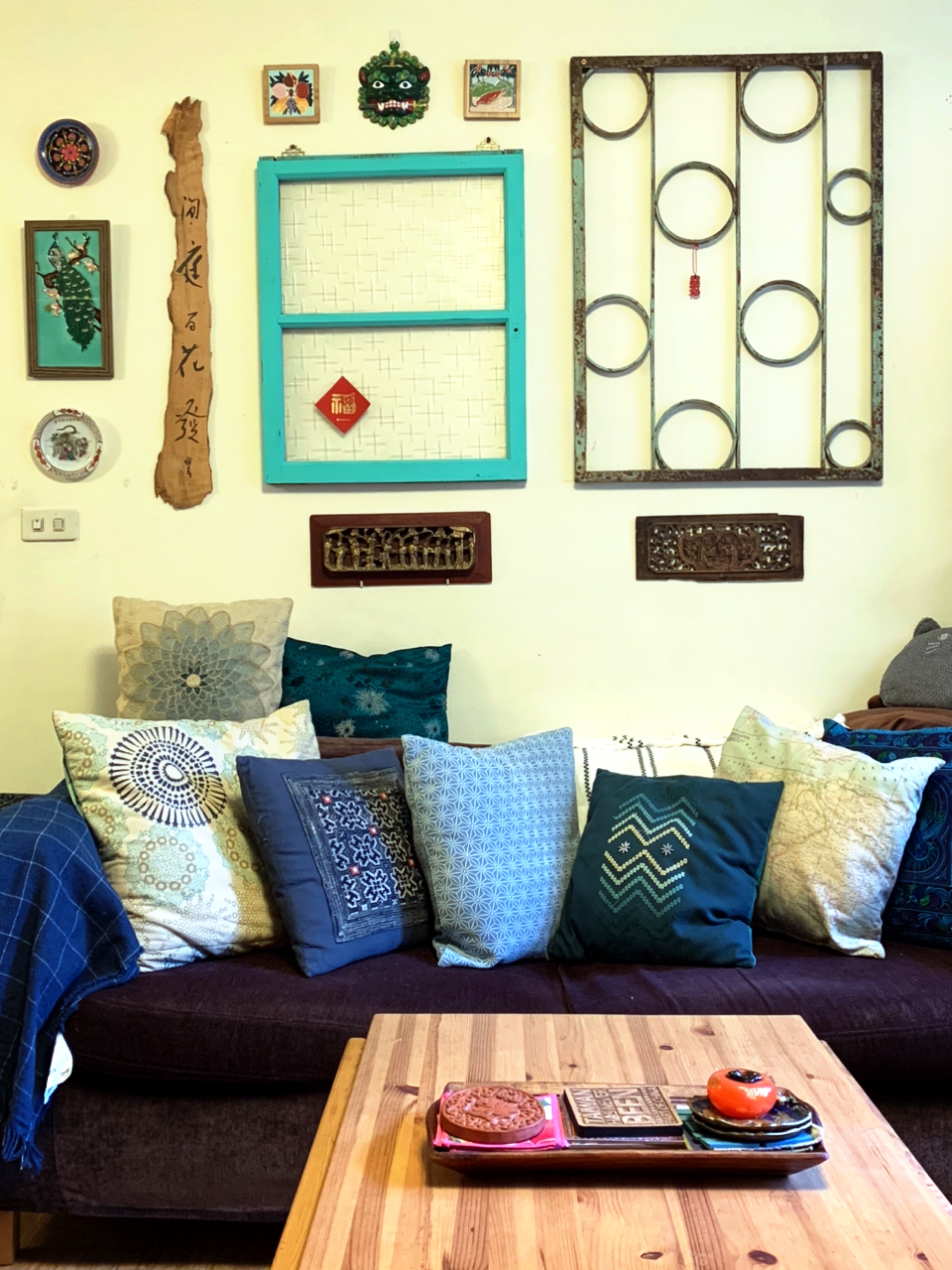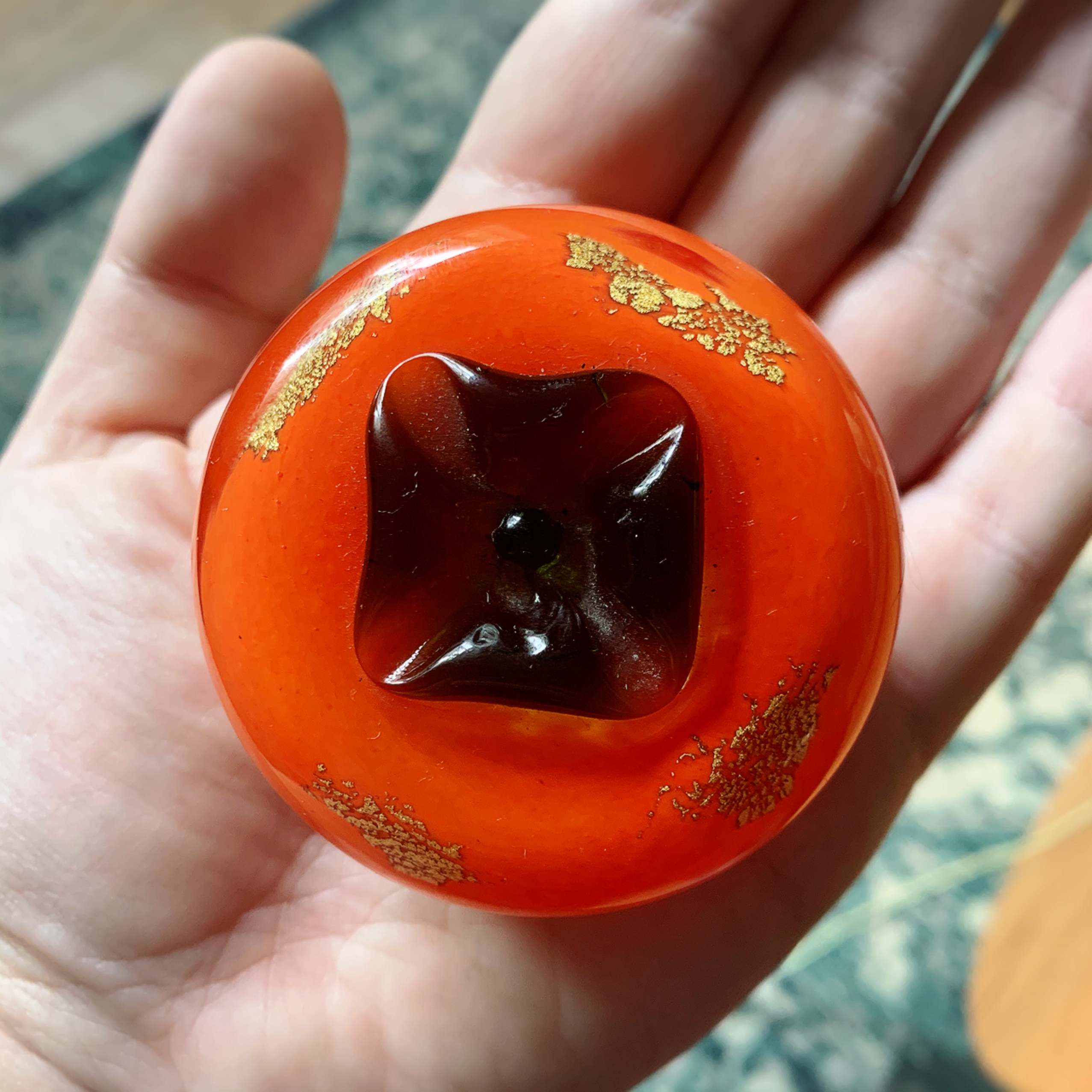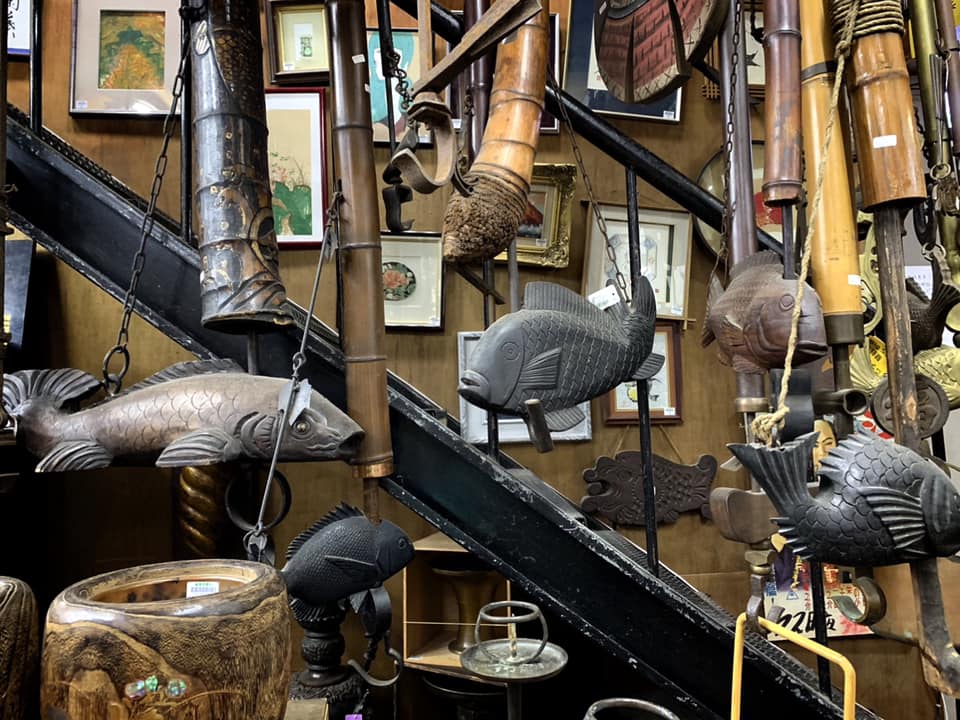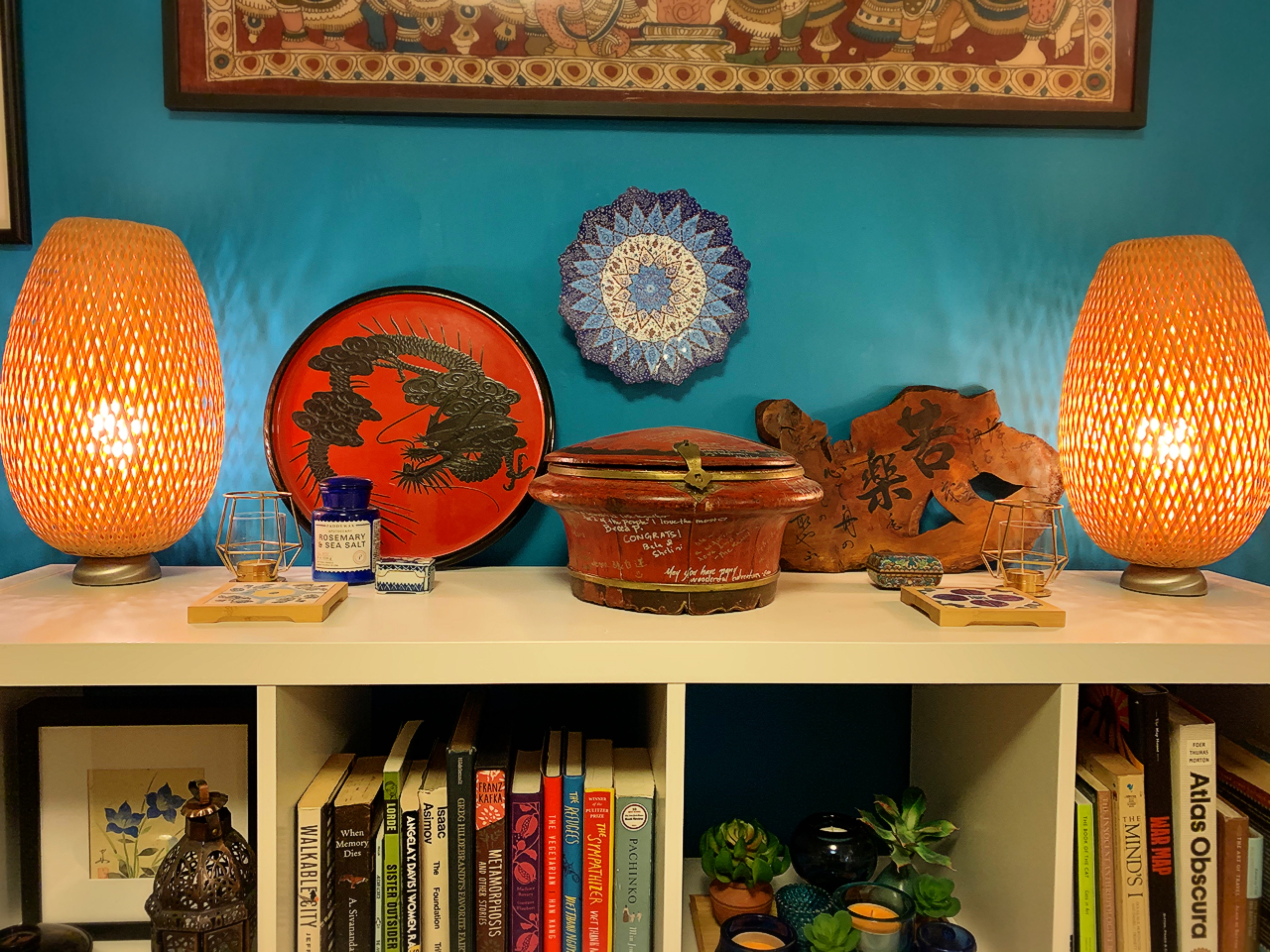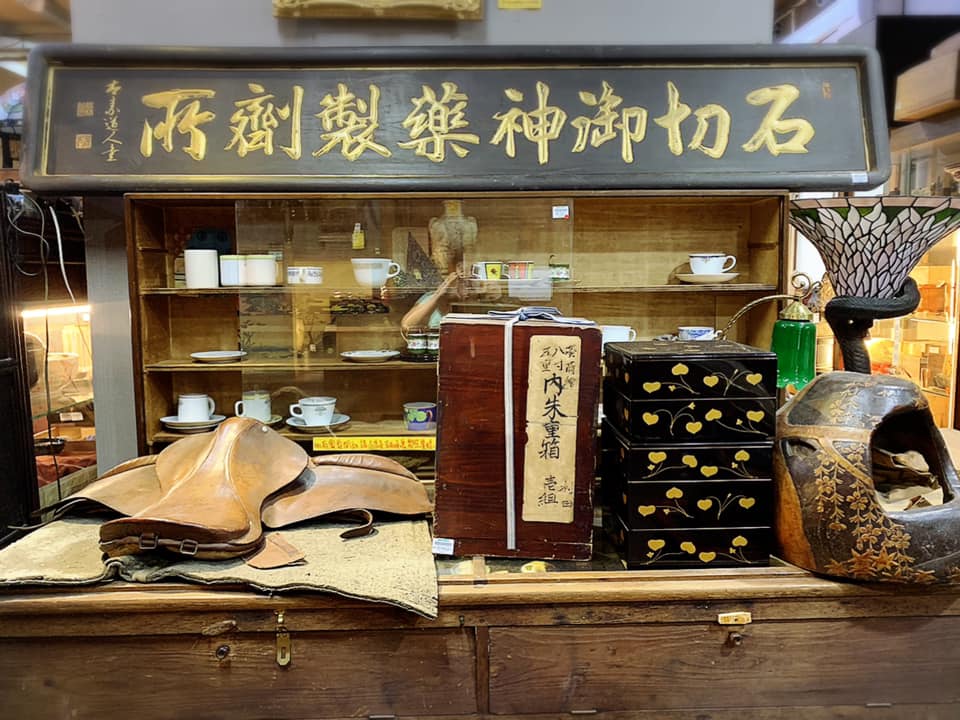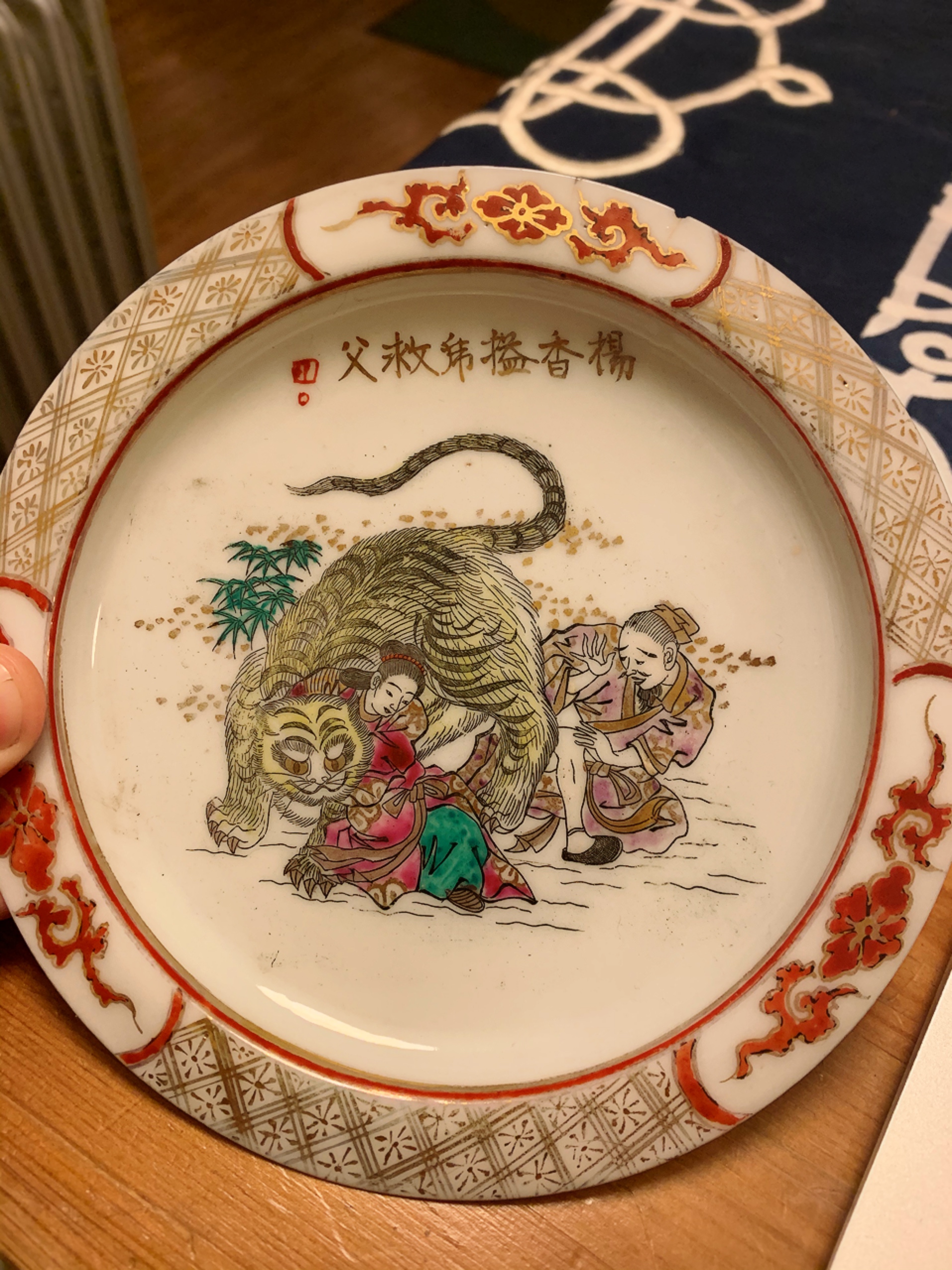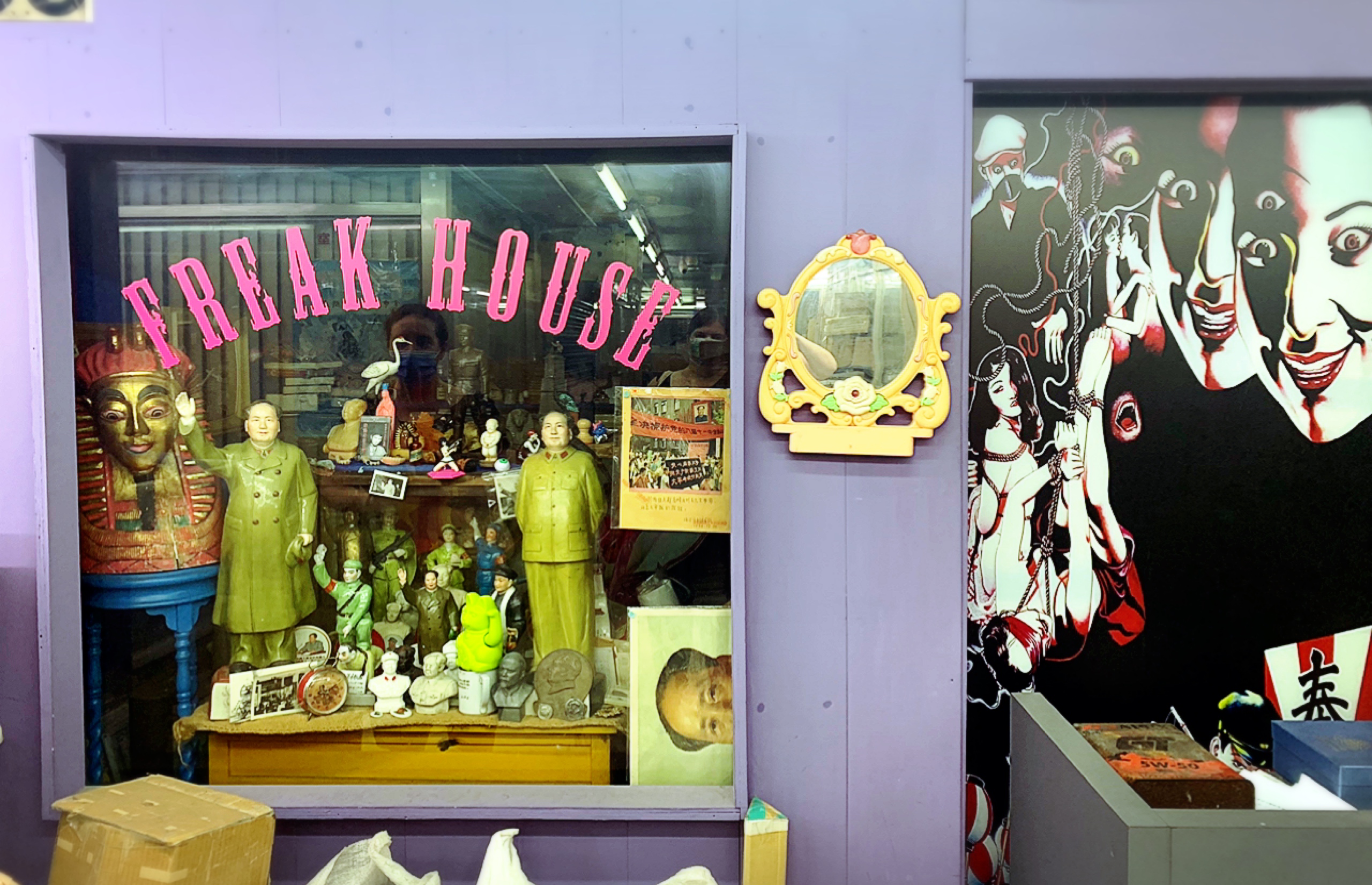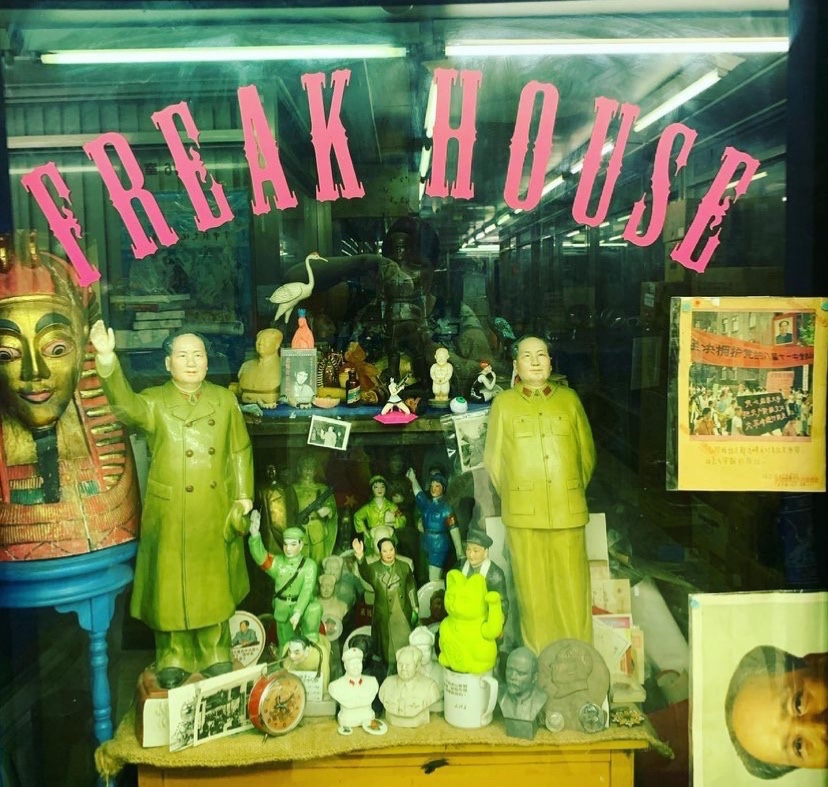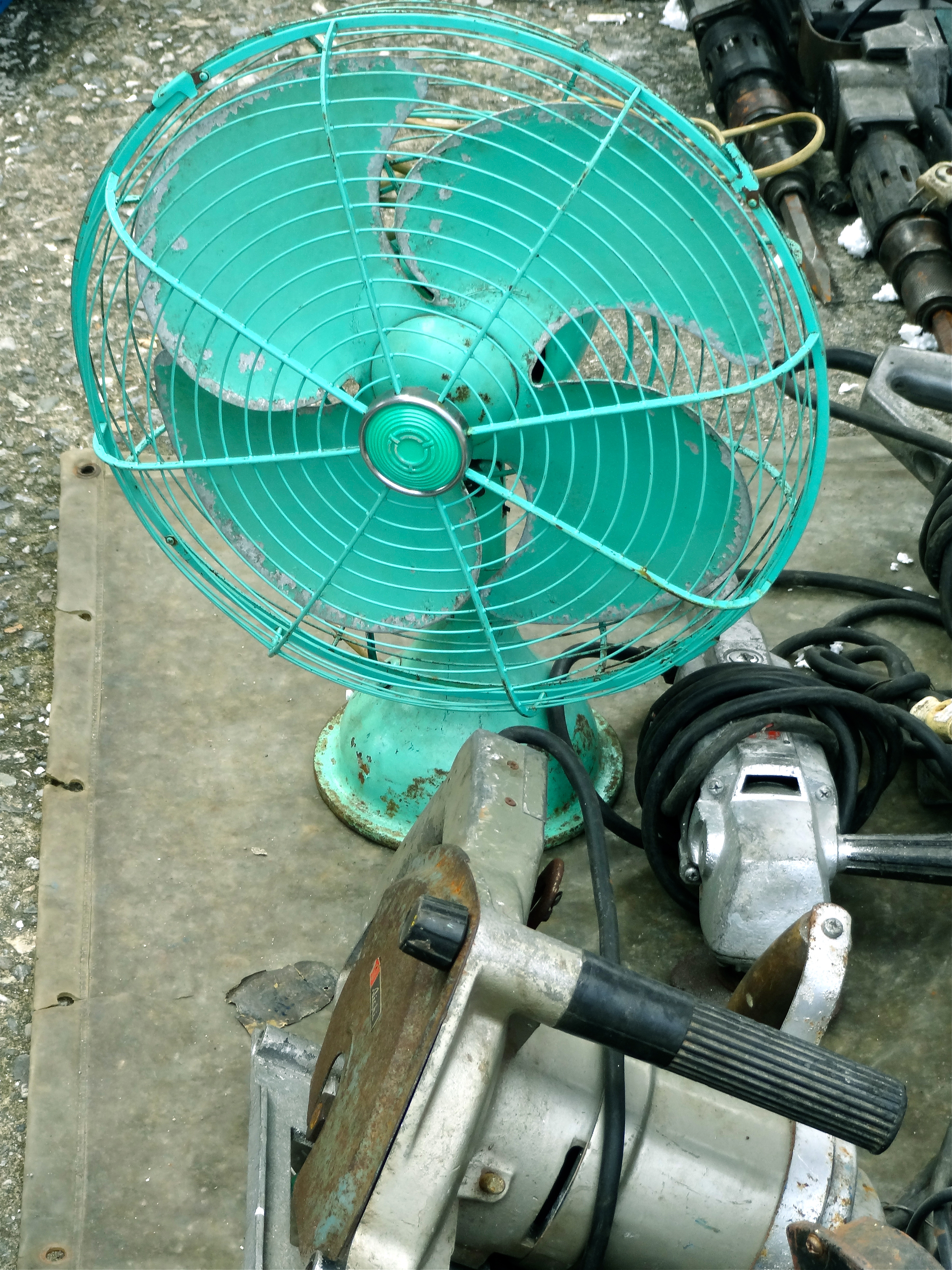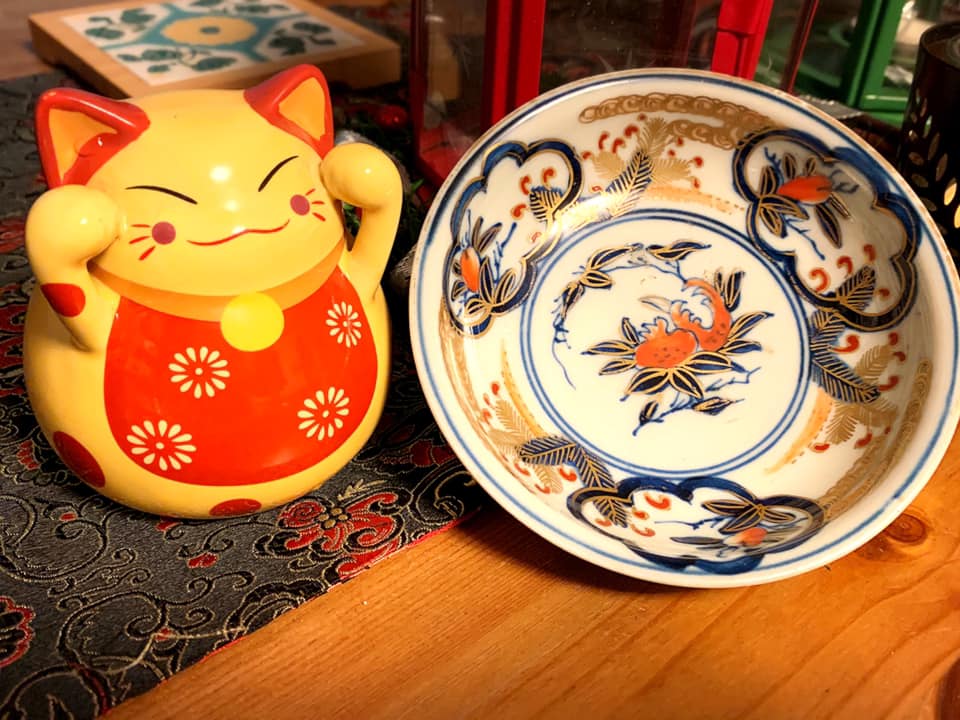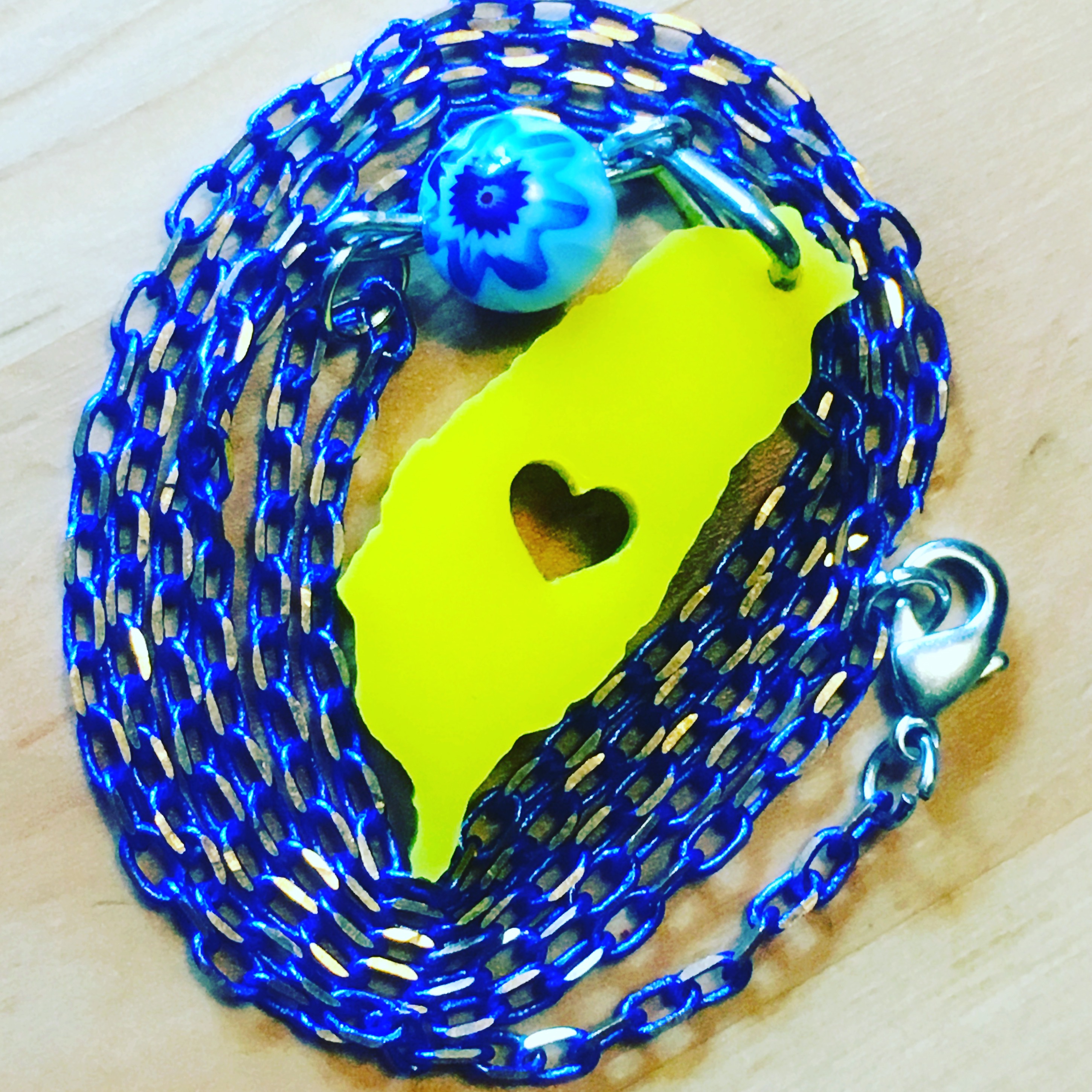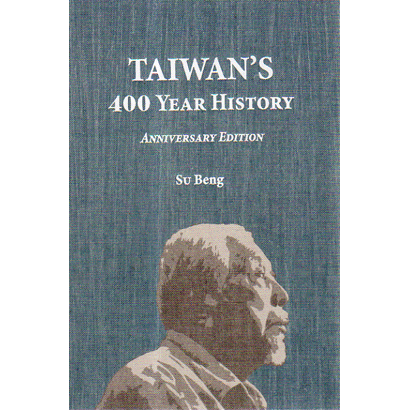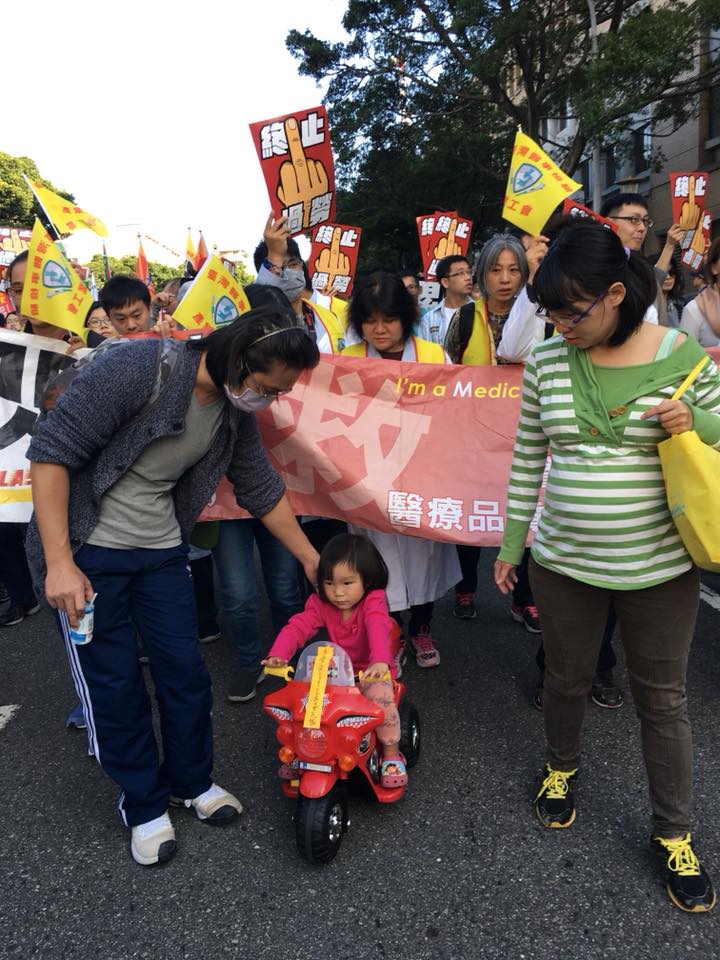In this post, I will attempt to say things which are not specifically negative, per se. I will make factual comments, but facts are facts, they are not negative for the sake of negativity.
Let’s see...
He was alive until recently.
I feel bad for his adult offspring, who did lose a father. That's always sad.
The Presidential Office was super classy about it and expressed their condolences. Regardless of my personal views, that was the right thing to do.
He was not notably ugly, at least in physical appearance.
The New Party, which he had supported in the past, has not been popular in the past few years.
He opposed Taiwanese independence and identity. It was his right in a liberal democracy to have these views. It is my right in a liberal democracy to have an opinion about those views, and I do.
At some point in the past, he did in fact oppose the CCP. His support of the New Party (unificationists who are known to actively work with the CCP) calls that into question, but his previous dislike of that regime is well-documented.
Further to that, his opinions on Taiwan’s destiny being ultimately as part of China do not enjoy popular support and therefore he can be said to have been fairly harmless in his later years, mostly due to irrelevance.
This shift in Taiwanese identity came about naturally - or was able to emerge thanks to the efforts of activists that brought about democratization, and he was powerless to stop it.
He was rich.
Stupid and terrible are not the same thing. He was not stupid.
He played a key role in modernizing the military.
He played a key role in modernizing the military.
He probably actually believed the things he said.
He wanted peace, of a sort.
He wanted peace, of a sort.
He was once expelled from the KMT for being too much of a hardliner (well, for supporting the New Party, which is basically the same thing). Then the KMT decided they were into hardliners and he was allowed back in.
His son, whom he tried to maneuver into power, was not able to inflict significant damage on Taiwan because, while I have no opinion of his general personality, we can all agree he isn’t the brightest bulb in the chandelier.
People I know who don’t follow politics had thought he was already dead.
He never attempted to sing KTV-style and then release an embarrassing YouTube video announcing his lack of talent to the public, as far as I am aware.
He was slightly more interesting as a person then Eric Chu.
He seems to have identified as male.
I am reasonably sure he did not personally murder any democracy or Taiwan independence activists with his own hands.
Although a friend of mine who knows him said he apologized to political prisoners and 228/White Terror victims, this source says otherwise, and he has tried to minimize the number of deaths that occurred due to 228.
He had black hair. Well, it was probably white toward the end.
His wife died a few years ago, also at a ripe old age.
He was very old.


